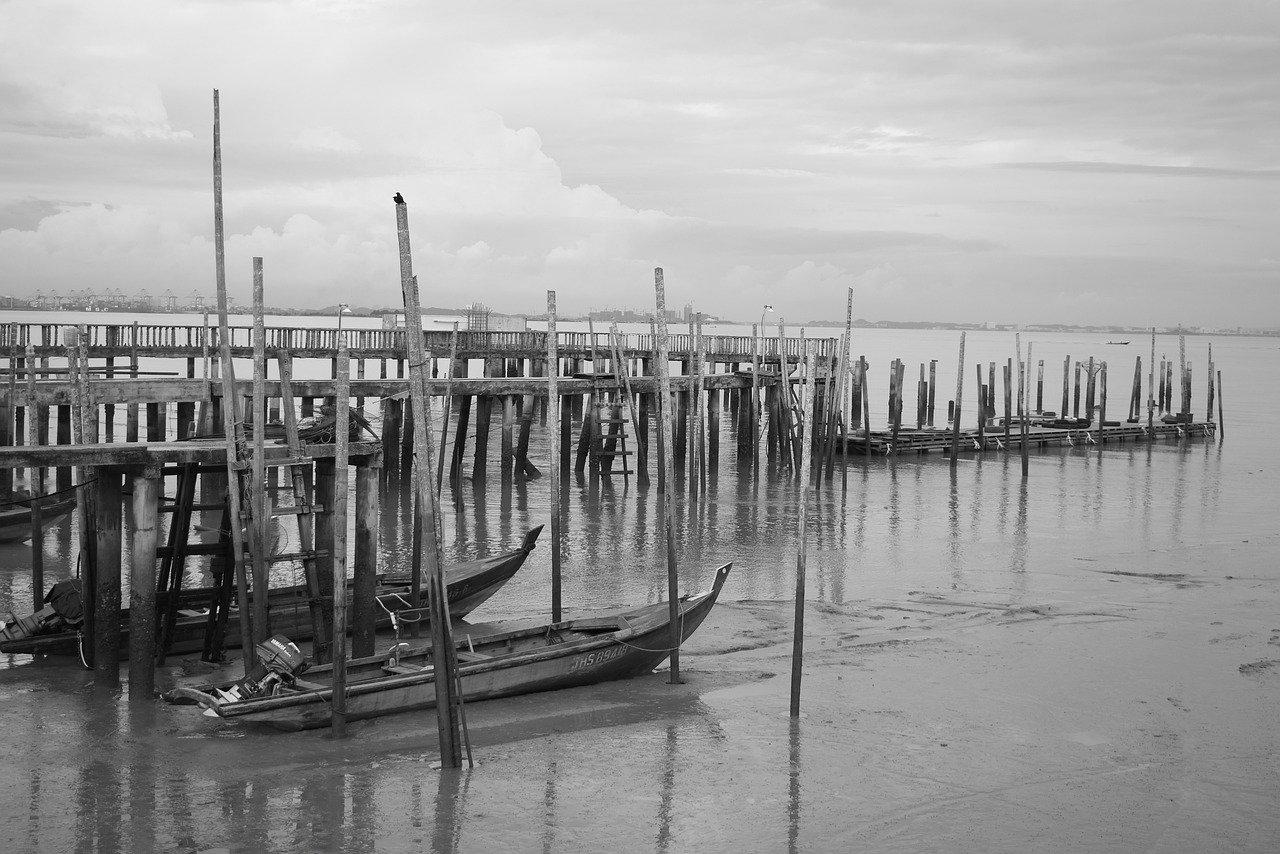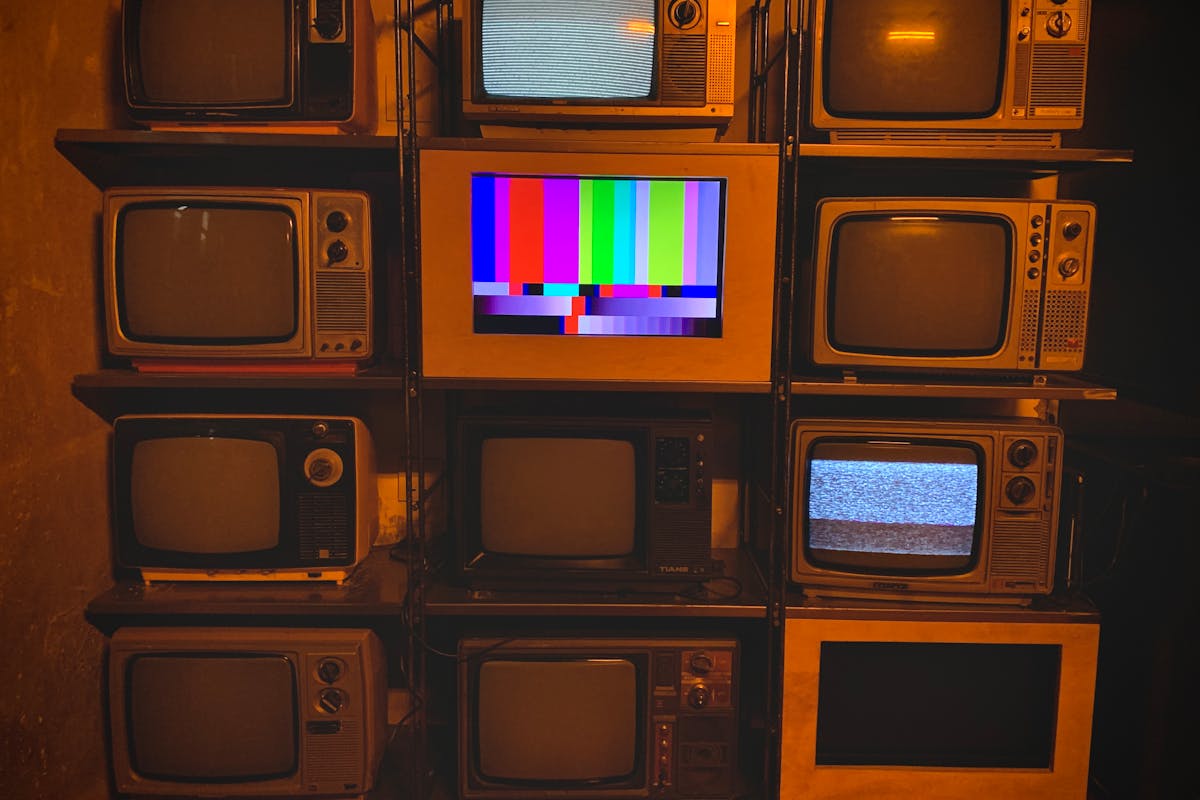Now on Netflix: Wonderland – where it all began
The beauty of online streaming is that you can pause, re-watch and re-play a film or a TV series to your heart’s content. I had to replay the beginning of Wonderland, after reaching the ending the first. I watched it to not only connect the dots, but also be captured and invited into a world of wonder – even if done through the eyes of the elderly.
Initially released for the silver screens in Singapore and Malaysia, the film made its debut on Netflix Malaysia and some other regions, as at press time.
As someone who grew up speaking and listening to Hokkien, this film is a reminder of the past, more importantly, the connections that I’ve forged – amongst the Hokkien-speaking community in the Overseas Chinese community of Malaysia/Indonesia - before Mandarin became dominant. So, yeah, to see and hear of even the slightest bit of Hokkien makes me feel a sense of pride. What’s more when the Singaporean version closely resembles the Malaccan version of Hokkien.
Like it or not, heavy topics are central to this particular film. Why else would one of the opening scenes be on someone’s wake? And what’s the significance of showing a theme park where the ferris wheel is losing popularity?
The death of popular attraction(s) and close family members continue to set the tone of this 125-minute movie. It’s also unsurprising how Loke owns and runs his business of selling joss paper and other prayer paraphernalia. Despite him expertly advising others on how much joss paper is needed as an offering to the departed, Loke is not without his own struggles – both financially and in terms of health – particularly dealing with the grief that comes with losing his wife.
Set in the decades before mobile phones and smartphones, perhaps with this in mind, it’s easier to cook up lies and keep secrets. The only thing here is that not only do the children lie, but parents do, as well.
So even when Loke’s daughter Ah Ling had this longing to go to the US to study, she initially says :
Ka lu kong ma bo yong, (even if I did tell you, it’ll be of no use) especially when Loke asks his daughter about why didn’t she inform earlier.
And of course, like most fathers would tell their children: You already have a scholarship in hand! What are you talking about? Go ahead and chase your dreams – Ah - the American dream.
Like most films a la How to Make Millions before your Grandma Dies, you can be assured of its slow-moving pace. But even then, because Hokkien is so rarely spoken these days, especially in Kuala Lumpur and the Klang Valley – where Cantonese and Mandarin are more favourable, you know you have to give this story a chance to slowly develop and end.
Interestingly, there are depictions of multifaith neighbours, in the story – one who goes to church and another who follows strictly the Taoist traditions.
Also, Tian Mi Mi, partly featured in the film, is actually based on a Peranakan song of Indonesian background. So, a round of applause for staying true to the facts.
Furthermore, I don’t think any other film has depicted the struggles of the elderly in such an honest way. Take Loke, who is somewhat elderly and illiterate and has to depend on other elderly folks in his neighbourhood to read and write letters from and to his daughter abroad. One of the elderly folks has had eye surgery and therefore needs extra time to make sense of these mailings – to which Loke reacted – Hey, can you go faster? WHY ARE YOU READING SO SLOWLY?
And, my goodness – the karang guni/karung guni culture – oh, the nostalgia from watching those scenes.
As you can probably tell, there are several layers to this motion picture. Yet, with its simple premise and skillful weaving, the film turns out to not only be suspenseful and touching, but also a much-needed reminder of what and who truly matters in our lives.
Perhaps, it’s Mark Lee’s difficult life, upbringing and circumstances that made it natural for him to play Ah Loke. I don’t know how Lee did it, but for this role – Lee surely did put his own stamp on it.
Audio is largely in Hokkien, partly in Mandarin, with bits in Malay.
You know, people often associate theme parks and the ferris wheel with happiness. But what if these actually signify: What goes around, comes around?









Showing 0 comments